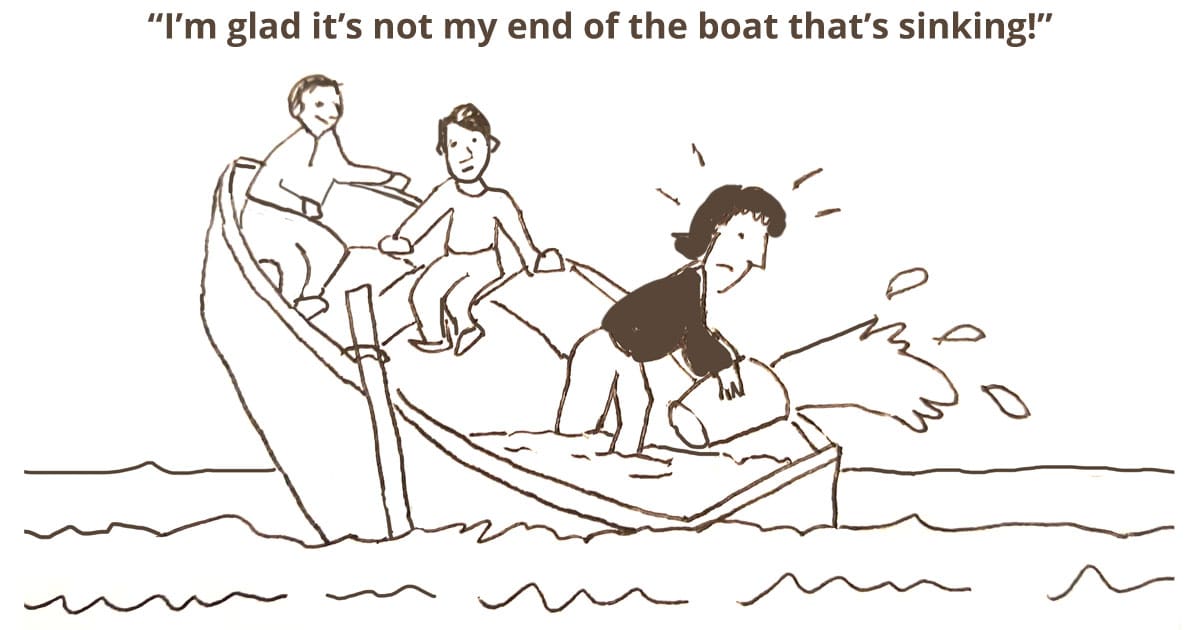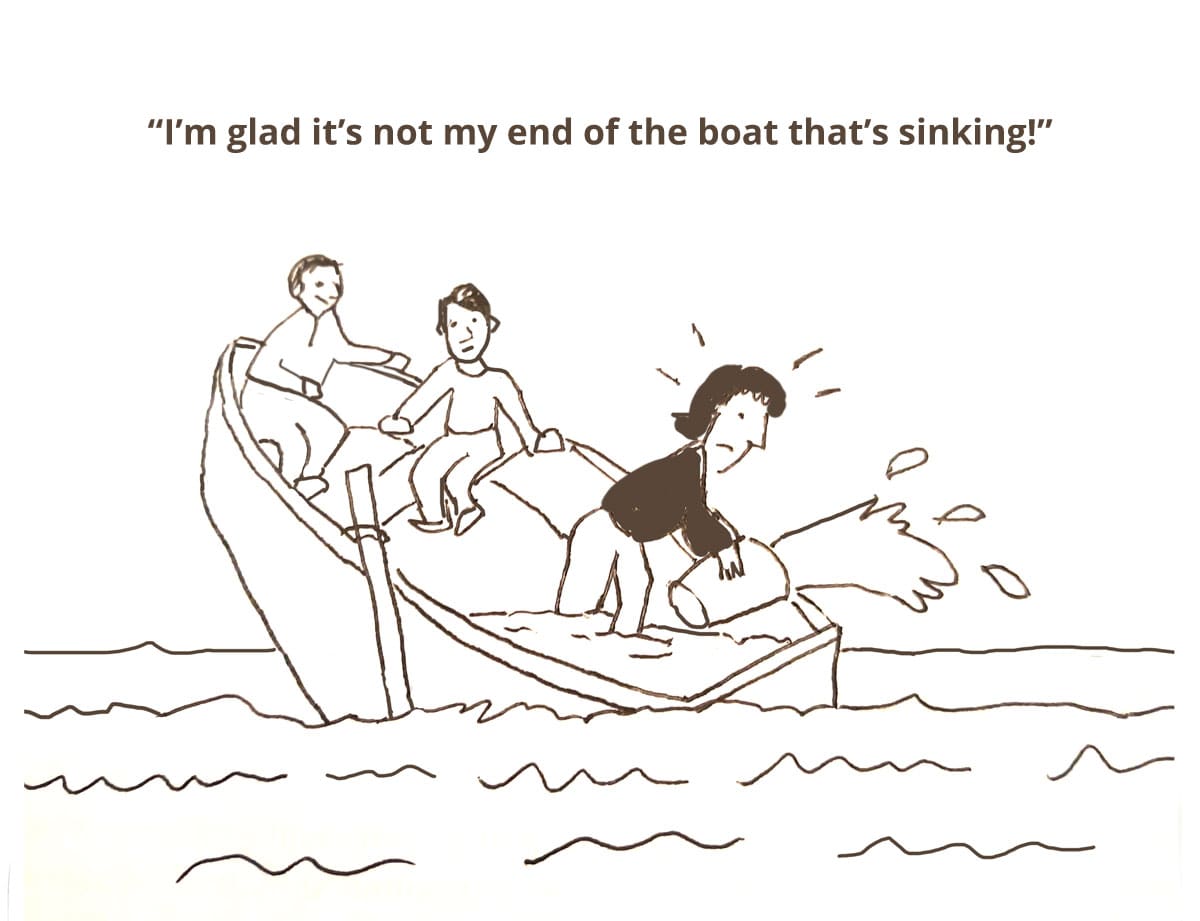Systemic Change and Systems Thinking
Systemic change, consciously or unconsciously, operates in the context of recognizable rules of systems thinking.
Luis E. Romero offers a summary of Peter Senge’s 11 laws of systems thinking. Reflecting on these laws might provide us with insights in our efforts at systemic change.
In the original article you will find each law with a brief explanation based on his experience as a consultant, coach, and researcher.
- Today’s problems come from yesterday’s “solutions.”
- The harder you push, the harder the system pushes back
- Behavior will grow better before it grows worse
- The easy way out usually leads back in
- The cure can be worse than the disease
- Faster is slower
- Cause and effect are not closely related in time and space
- Small changes can produce big results, but the areas of highest leverage are often the least obvious
- You can have your cake and eat it too but not all at once
- Dividing an elephant in half does not produce two small elephants
- There is no blame
Reviewing these “laws” can stimulate fresh thinking about our efforts.
If you realize there is a problem and refuse to participate in its solution, you will become an accomplice to said problem from that point forward—even if you did not cause it initially. If, in addition to refusing to participate in the problem’s solution, you choose to blame others as the ideal excuse not to get involved, the situation will certainly worsen. Further, if everyone chooses to behave in the same way, the problem will become chronic and cause additional complications.
The key to breaking this vicious cycle is to take responsibility for solving the problem; even if you did not cause it. This is the path of no blame.
Whenever we find ourselves stuck in a problem with no visible solution, it helps to ask ourselves which of the 11 Laws we are ignoring or trying to break. The answer will bring a great deal of simplicity to what seemed unsolvable.
He concludes by asking
- What do you think about Senge’s 11 Laws?
- Which Law do you find to be the most insightful?
- Which Law do you think people break more often and why?








I can really work with ESPECIFIC CASES, in y groups, do you have any?m